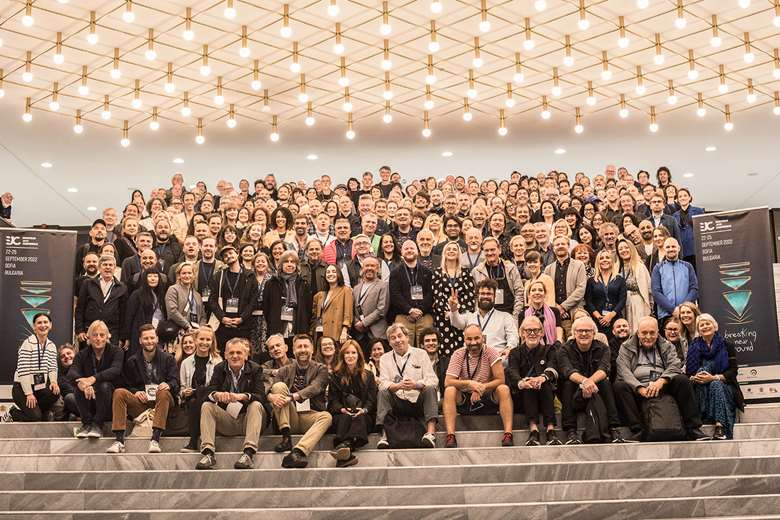Sofia swings to the sounds of the European Jazz Conference 2022
Nigel Slee
Friday, September 30, 2022
Nigel Slee takes in the sights and sounds of this vital jazz industry meet up


Register now to continue reading

Thank you for visiting Jazzwise.co.uk. Sign up for a free account today to enjoy the following benefits:
- Free access to 3 subscriber-only articles per month
- Unlimited access to our news, live reviews and artist pages
- Free email newsletter